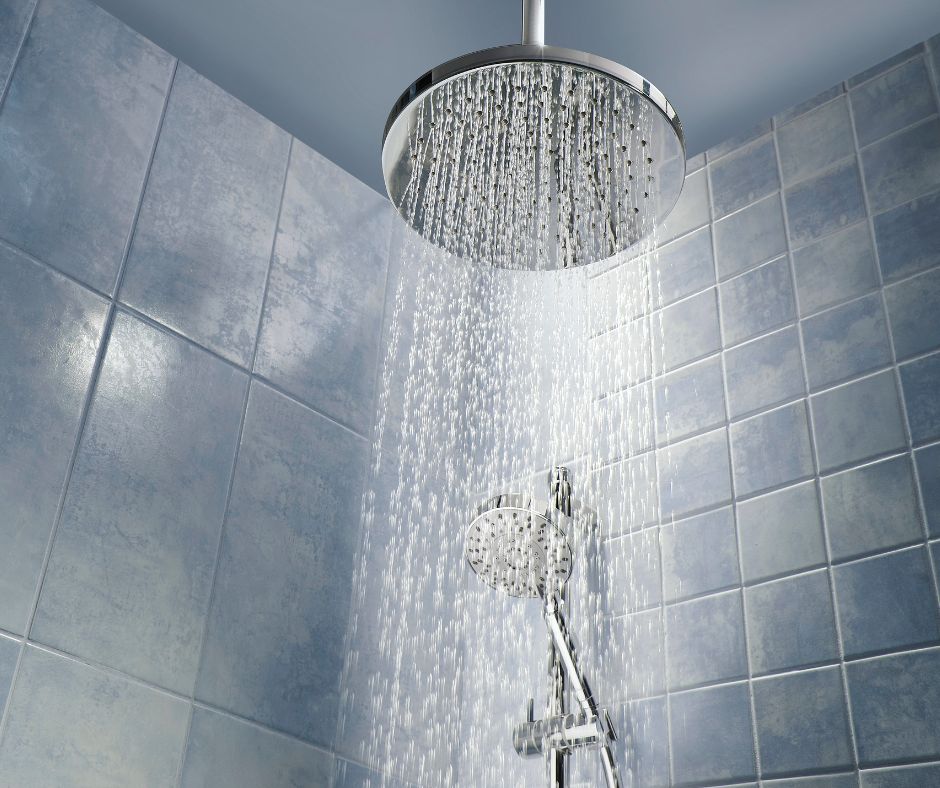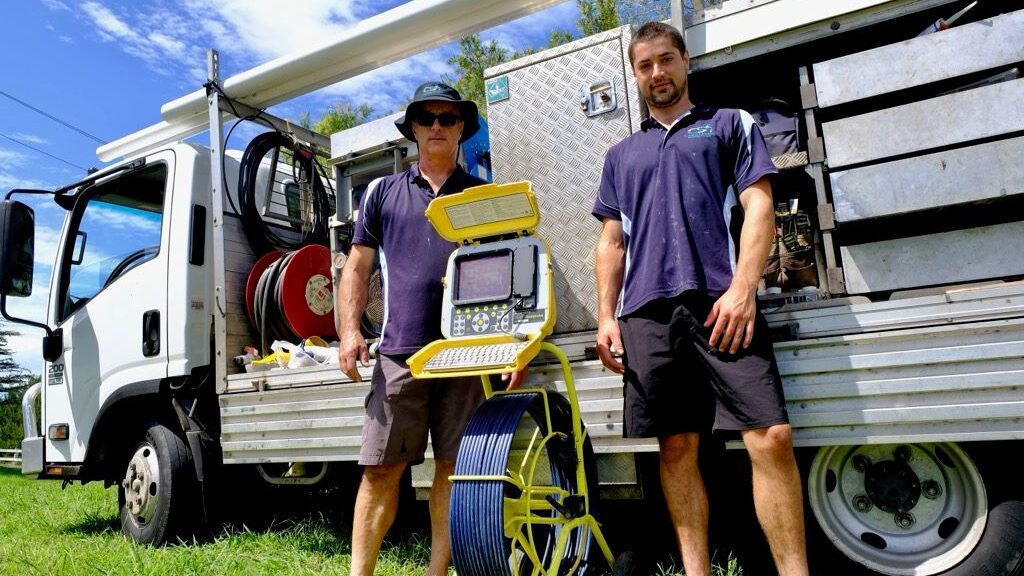Maximize Home Efficiency with Advanced Hot Water Storage Tank Systems
Storage hot water systems are recognized as a reliable and highly efficient choice for numerous households in Wollongong. This is especially beneficial for larger families or residences already utilizing established electric or gas infrastructures.
Although modern solutions like heat pumps and continuous flow units may offer enhanced efficiency, properly sized and well-maintained storage tanks can yield impressive results, particularly when paired with off-peak electricity or natural gas. The optimal selection of a system for your household is influenced by various factors, including your energy setup, available installation space, and daily hot water usage patterns.
Consequently, the final choice will depend on your household’s composition, specific hot water needs, and the structure of your energy supply.

How Storage Tank Hot Water Systems Function for Optimal Performance
A storage hot water system works by heating water within a sturdy cylindrical tank, maintaining it at a set temperature for immediate accessibility. When you activate the tap, hot water flows effortlessly from the tank. As water is dispensed, the system diligently replenishes the tank, reheating the water to guarantee a constant supply. This design ensures that you can enjoy a continuous flow of hot water for your daily activities without the worry of running out during your showers or household chores.
The variety of available tanks is vast, with compact 50-litre models suited for tight spaces, and larger units exceeding 400 litres, ideal for accommodating the needs of larger families or even commercial settings. This extensive selection empowers homeowners to select a system that aligns perfectly with their specific requirements while ensuring optimal performance and efficiency.
Top Reasons to Invest in Hot Water Storage Tank Systems for Your Home
- User-Friendly Design for Effortless Operation. These systems feature a simple design, free of complicated sensors or intricate electronic components that may be prone to failure over time.
- Reliable Performance for Consistent Hot Water Availability. They excel in households with steady hot water demands, ensuring your family’s requirements are reliably met.
- Versatile Installation Options for Any Environment. Storage tanks can be conveniently placed in various locations—indoors or outdoors—and can be oriented either vertically or horizontally, based on your spatial requirements.
- Low Maintenance Needs for Hassle-Free Ownership. Most replacement parts are affordable and readily accessible, making the upkeep of these systems manageable and cost-effective.
In many homes throughout Wollongong, particularly those with older plumbing systems or larger families, storage tanks continue to be a dependable and cost-effective solution for meeting hot water demands.
Key Factors to Weigh When Choosing Between Gas and Electric Storage Tanks
Electric Storage Systems
These systems are typically straightforward to operate and easy to install, making them an excellent choice for homes with a consistent electricity supply. They often function on off-peak tariffs, which can lead to significant savings on energy costs. Electric systems are especially advantageous for smaller households or properties that lack gas connections.
Gas Storage Systems
Gas systems provide rapid water reheating capabilities, making them an efficient option for homes with high hot water demand. If your residence is already set up with natural gas, opting for a gas storage tank can be a wise long-term investment, ensuring that your hot water needs are met promptly and efficiently.
Not sure which option best fits your needs?
Explore our dedicated pages on electric and gas hot water systems, where we provide comprehensive insights into both alternatives, helping you make an informed decision.
Recognizing Common Challenges with Older Storage Tank Systems
- Running Out of Hot Water before all family members have finished their showers, leading to frustration and inconvenience.
- Increasing Energy Bills that may arise from poor insulation or operational inefficiencies within the system.
- Leaks or Rust developing at the tank’s base, which can indicate potential system failure and requires immediate attention.
- Extended Recovery Time between uses, causing delays in getting hot water when needed.
- Unusual Noises like popping or hissing during the heating cycle, suggesting potential issues with the system.
If you notice any of these issues, it may be time to consider a replacement or, at the very least, schedule a professional inspection to ensure your hot water system is operating properly and efficiently.
Deciding Whether to Upgrade or Transition to a New Hot Water System
<pIf your current storage tank shows any of the following signs:
- Is older than 10 years, indicating it may be nearing the end of its functional lifespan.
- Exhibits visible wear or operational inefficiencies, potentially impacting its overall performance.
- Fails to satisfy your household’s hot water needs, resulting in disruptions to daily routines.
In such scenarios, it’s wise to consider an upgrade.
This could involve investing in a new storage tank with superior insulation properties or exploring alternatives like an instantaneous or heat pump system, potentially offering enhanced efficiency and performance.
Our team is here to assist you in making the best choice based on your household’s energy accessibility, space limitations, and overall water usage patterns.
Key Factors to Assess When Selecting Your Hot Water System
Storage tank systems continue to be relevant, especially for larger homes or setups lacking the necessary infrastructure for more advanced technologies. When appropriately sized and maintained, they deliver a straightforward, cost-effective, and efficient solution for hot water needs.
However, they are not universally applicable. As the market evolves, offering a diverse range of more efficient and adaptable options, consulting with a licensed plumber is crucial. A professional can evaluate your unique requirements and recommend the most suitable hot water solution customized for your household.
Are you looking for expert guidance in selecting or replacing your hot water system? Contact our knowledgeable team today for personalized advice and tailored solutions that meet your specific needs.

Frequently Asked Questions About Gas and Electric Hot Water Systems
Which Hot Water System Type Offers Better Cost Efficiency: Gas or Electric?
Generally, gas hot water systems are acknowledged for their reduced operational costs, particularly if your home is already connected to natural gas. However, electric systems that utilize off-peak tariffs or are integrated with solar power can also provide competitive running costs. Your final choice will be influenced by your individual usage patterns and local energy rates.
Which System Heats Water More Quickly: Gas or Electric?
Gas systems typically heat water faster than electric systems, making them especially advantageous for larger families or homes with appliances that demand significant hot water. While electric systems may have slower recovery times, ongoing technological improvements are enhancing their efficiency and overall performance.
Are Gas Hot Water Systems More Suitable for Larger Families?
Indeed, gas storage or instantaneous systems are frequently more appropriate for larger households where multiple individuals may need hot water at the same time. Their rapid reheating capabilities enable them to efficiently meet high usage demands without quickly exhausting the hot water supply.
Can You Install a Gas Hot Water System Without a Gas Connection?
Yes, it is possible to install a gas system, but you will need to use LPG (bottled gas) rather than mains natural gas. This is often seen in rural or semi-urban areas of the Illawarra. Keep in mind that the costs associated with LPG can be higher, and you will need to arrange for delivery logistics.
Are Electric Hot Water Systems Still a Viable Option in Today’s Market?
Absolutely! Electric systems are user-friendly, cost-efficient, and widely available. They are particularly suitable for smaller homes, apartments, or properties without gas infrastructure. When combined with solar PV systems or utilized during off-peak rates, they can achieve impressive efficiency levels.
Which System Typically Lasts Longer: Gas or Electric?
Both types of systems generally have comparable lifespans, typically ranging from 8 to 15 years. This can vary based on factors like brand, usage, and water quality. Regular maintenance is crucial; components such as anodes, valves, and thermostats should be routinely checked to optimize the system’s longevity.
Which Option Is More Environmentally Sustainable?
Electric systems paired with solar power or heat pumps usually exhibit the smallest carbon footprint. While gas systems are cleaner than electricity generated from coal, they still contribute to carbon emissions. If sustainability is important to you, consider opting for modern electric systems or those backed by solar energy.
Are Storage Tank Hot Water Systems Still a Good Choice in Wollongong?
The Article: Storage Tank Hot Water Systems: A Smart Choice for Wollongong first appeared on https://writebuff.com
The Article Hot Water Systems: Why Wollongong Should Choose Storage Tanks Was Found On https://limitsofstrategy.com
The Article Storage Tanks for Hot Water Systems: Wollongong’s Best Choice First Appeared ON
: https://ad4sc.com










No responses yet